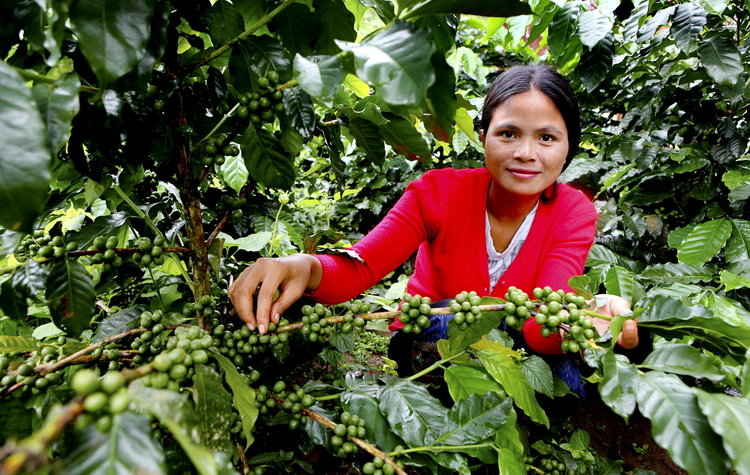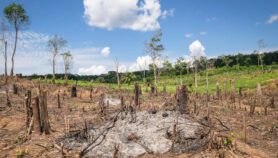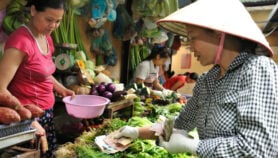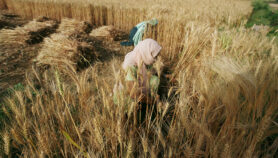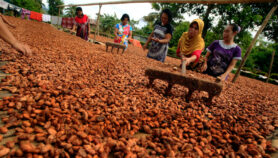By: Mike Ives
Send to a friend
The details you provide on this page will not be used to send unsolicited email, and will not be sold to a 3rd party. See privacy policy.
[JAKARTA] Climate change will likely affect the elevations where coffee plants can grow, posing both challenges and market opportunities for farmers and plant breeders, a study has found.
The study, published in the journal PLOS One (14 April), compiled data from more than 62,000 points worldwide where Arabica coffee beans are grown and analysed climatic predictions by the Intergovernmental Panel on Climate Change.
The overall effect of climate change on Arabica coffee production by the 2050s will be negative, the study predicted, but the specific effects will vary widely by country and even within countries.
“Sometimes when small solutions catch on, the ripple effect is big.”
Lisa Matthews Wiriadjaja
For example, the range suitable for Arabica cultivation outside protected areas in Mexico and Central America is expected to shift from 400-2,000 meters above sea level (m.a.s.l.) at present to 800-2,500 m.a.s.l. by the 2050s.
As a result, El Salvador and Nicaragua would be most affected by rising temperatures because they lack high mountains. But four countries — Costa Rica, Guatemala, Honduras and Mexico — would gain Arabica “suitability” at higher elevations even as they lose it at lower ones.
The study said parts of the Andes, East Africa and Indonesia may see new market opportunities as a result of climate change, but policies should ensure that new coffee farms are sited in “ecologically suitable areas”.
The study’s findings are significant in part because much of the world’s coffee production is done by smallholder farmers who depend on coffee-related income to survive, says Peter Laderach, a co-author of the study and a senior climate change expert at the International Center for Tropical Agriculture.
Coffee plants also play key roles in controlling erosion and storing water, Laderach tells SciDev.Net. They are typically more susceptible to rising temperatures and changes in precipitation patterns than other cash crops that grow widely in the developing world, such as cassava and sugarcane.
“In all aspects — social, economic, environmental — coffee has huge importance for humanity,” Laderach notes.
Arabica (Coffea arabica) and Robusta (Coffea canephora) dominate the world’s coffee supply chain and currently account for around 83 million and 67 million 60-kilogram bags of beans, respectively, according to a December 2014 report by the United States Department of Agriculture. Both coffee species originated in Africa, and Arabica is typically of better quality.
As the effects of climate change intensify, plant breeders should develop strains of coffee plants that are better adapted to higher temperatures. Their responses to climate change should also be tailored to local conditions, the report said.
Lisa Matthews Wiriadjaja, a co-owner of an organic coffee farm in Sumatra, says she has seen longer drier seasons and more erratic harvests and coffee parasites in recent years.
Wiriadjaja adds that to reduce the effects of the coffee berry borer, a parasite, her solution has been to plant more leguminous shade trees within coffee gardens while using an organic pesticide to control its larvae.
This is a “short-term focused solution” specific to a particular region of Indonesia, she tells SciDev.Net. “But sometimes when small solutions catch on, the ripple effect is big.”
Link to full paper in PLOS One
This article has been produced by SciDev.Net's South-East Asia & Pacific desk.
References
PLOS One doi: 10.1371/journal.pone.0124155 (2015)


